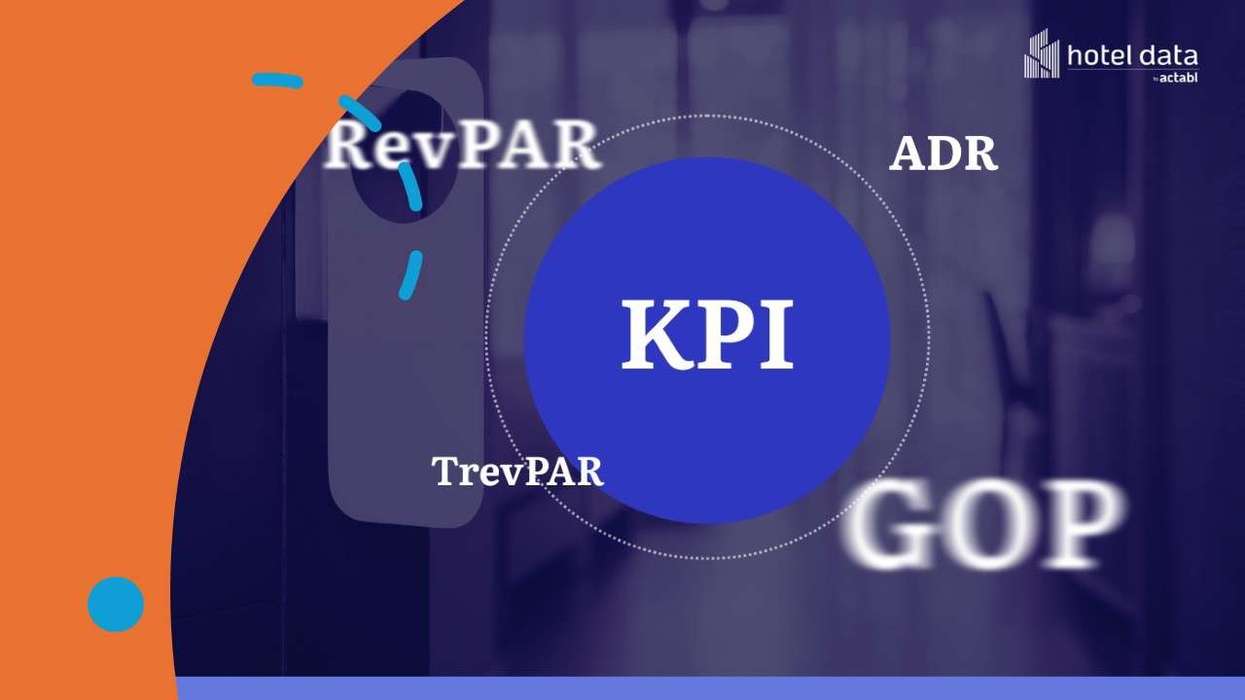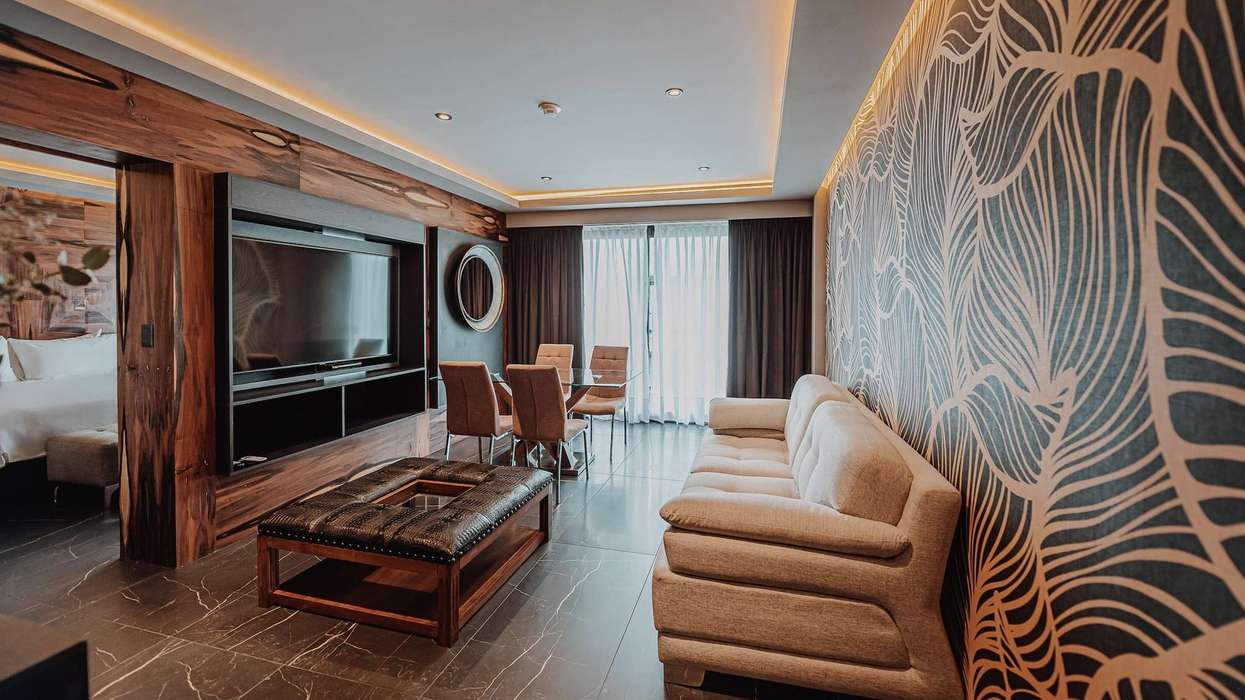A NEW GROUP, led by two Indo American hoteliers, has formed to oppose the New York City Council’s proposed “Safe Hotels Act,” otherwise known as Intro 991. The new group, the NYC Minority Hotel Association, joins other associations including AAHOA, the American Hotel & Lodging Association and the Hotel Association of New York City in saying the proposed ordinance would damage the city’s hotel business.
The bill, originally proposed by Councilwoman Julie Menin on July 18 and revised on Aug. 2, would require hotels to obtain a license in order to operate in the city.
“The application term would be two years, and there would be an license fee of $200. Hotels would be required to maintain continuous front desk coverage and large hotels would be required to have continuous coverage by at least one security guard,” the city says on its website. “All hotels would be required to maintain the cleanliness of each guest room. The licensee would be required to directly employ their core employees, subject to enumerated exceptions. Hotels that violate the license conditions would be subject to civil penalties.”
NYCMHA, founded by New York hoteliers Mukesh and Nikul Patel, said Intro 991 would “create a host of unnecessary, redundant rules that would cripple the hotel industry, severely harm tourism in New York and do considerable damage to the city’s economy.” The group, which includes 50 minority hotel owners from all five boroughs who own roughly 120 hotels and employ more than 900 hotel, wants to work with the city to improve the ordinance so it can more effectively address issues such as safety, cleanliness and human trafficking.
“Our coalition is the embodiment of the American Dream; hard working immigrant families who came to this nation, took a chance to build their small businesses and, over decades, created a community within the walls of their hotels,” said Mukesh. “As it is currently imagined, Intro 991 has the potential to destroy all that progress, put thousands of people out of work and shut down small businesses all over the city. We are always ready to work with our elected leaders to improve our industry, but this legislation is the wrong way to do that.”
Nikul also said that thousands of families in the city are supported by the hotel industry, many of whom are immigrants.
“Yet the City Council is willing to play politics with their livelihoods,” he said. “We have come together as individuals and families who have seen first-hand how the hotel industry creates opportunity for those who work hard, regardless of their background, to fight against a bill that would have disastrous impacts on our livelihoods and the future of this industry. We hope City Council will see the formation of this group as a call to action and work with us to create an alternative to Intro 991 as it is currently written.”
NYCMHA said Intro 991, if passed in its current form, would damage on the city’s economy as a whole. By putting in place arbitrary workplace rules that will add significant cost to hotels, the law would imperil the jobs of the 265,000 New Yorkers whose jobs are supported by hotels. It would strain the city’s tourism industry and threaten the estimated $5 billion in tax revenue it brings to the city each year.
“Scores of hotels across the city are expected to close if the legislation becomes law,” the group said.
Other voices of protest
Previously, AHLA also said Intro 991 seeks to introduce staffing and operational mandates that AHLA considers unnecessary.
“The city council’s discussions regarding the Hotel Safety Act continue to exclude those who will be most affected by the legislation—hotel owners, management companies, sub-contractors and tens of thousands of hotel workers,” said Kevin Carey, AHLA’s interim president and CEO. “It is imperative that all stakeholders have a real seat at the table. If this is a matter of public safety and crime, as has been claimed by Councilwoman Menin and the bill’s proponents, let’s review the facts and statistics to see what picture they paint.”
Without more data and public process, Carey said, the bill “will significantly damage the hotel industry, harm New York’s economy and negatively impact both the city’s reputation and its fiscal health.”
Vijay Dandapani, HANYC president and CEO, wrote an op ed about that group’s concerns.
Supporters of the bill have argued that it is necessary to protect the health and safety of patrons and workers. Put simply, this is false,” Dandapani said. “First, the premise that hotels are unsafe is simply not supported by the data. Over the past five years, 311 complaints related to hotels have been similar in percentage to other types of establishments like grocery stores, and lower than clothing stores or restaurants. Even looking at felony charges citywide, hotels account for a lower percentage than other sectors. Put simply, hotels are comparatively safer than many other businesses in the city.”
AAHOA also expressed concerns about the bill.
“Fast-tracking such a significant proposal without input from the hospitality industry is counterproductive,” said Miraj Patel, AAHOA’s chairman. “If passed, this bill would impose undue burdens on hotel owners. One of the most pressing issues facing the hospitality industry today is the labor shortage. By limiting access to approved, available subcontractors for essential functions like housekeeping, maintenance, and security, a hotel’s ability to maintain consistent operations will be tougher in this labor market, especially for smaller hotels.”
An AAHOA spokesperson said the association did not participate in the creation of NYCMHA, but they will work with the group to address Intro 991. Mukesh said he is a lifetime AAHOA member.
“We understand that their work is critical and plan to work closely with them and other organizations fighting this bill,” he said. “That said, given the threat the bill poses to minority hotel owners in New York City, we felt the need to organize an additional group to complement the other organizations' work.”
Menin said she continues to meet with interested parties and expects further changes to the bill. “The whole point of creating a new version was to begin a dialogue,” she was quoted as saying in the Real Deal report. “We’ve received a lot of feedback since the introduction and are open to more.”
Menin said that her goal is to ensure the safety of hotel guests, employees and neighbors.






